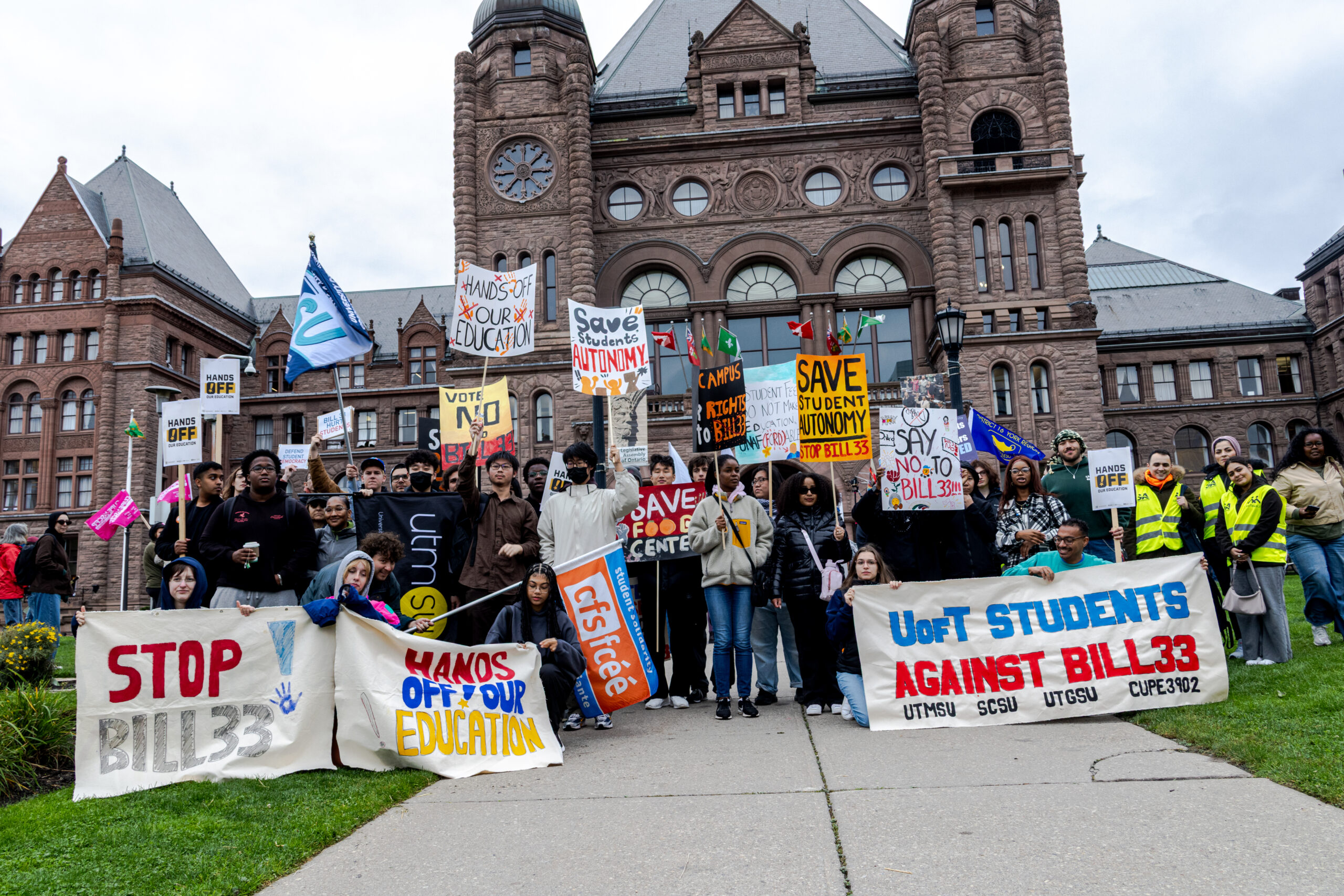International students should be aware of the changes that may affect them after graduation.
With immigration at an all time high, new rules are on the way for those looking to stay in the country after their studies.
Earlier this year, Immigration, Refugees, and Citizenship Canada (IRCC) announced that it will implement measures to reduce the number of temporary residents in Canada, from 6.5 per cent of Canada’s total population to five per cent by 2026.
IRCC declared new revisions in temporary residence programs, including PGWP, with significant changes to be made to the eligibility requirements for language proficiency and field of study.
Julie Lafortune, Communications Advisor at IRCC says, “IRCC recognizes the significant social, cultural and economic benefits that international student graduates bring to Canada, and updating this program is intended to enhance the ability of international graduates to acquire the necessary work experience to transition to permanent residence and improve their successful integration into Canada’s labour market for the long term.”
Following new revisions, if college students submitted the study permit application before Nov. 1, 2024, and are applying for a PGWP on or after the same date, they must meet the new language requirement of CLB 5 for college graduates.
This in effect is an additional cost for students who have successfully passed a program in English. For instance, the cost of an IELTS Test at The George Brown College (GBC) is $336.
In cases where college students submitted their study permit application on or after Nov. 1, 2024, and are applying for a PGWP, they are faced with even more restrictive rules and regulations.
In addition to having to satisfy more challenging language benchmarks, they will also need to meet field of study requirements in certain cases.
The IRCC website notes, fields of study include agriculture and agri-food, healthcare, science, technology, engineering, and mathematics (STEM), trade and transport occupations.
“ The occupations in long-term shortage (which includes jobs in healthcare and trade occupations among others) on which this policy is based are the same as those used in express entry category-based selection process… This alignment will help international graduates find meaningful work in Canada and improve their opportunities to transition to permanent residence,” Lafortune notes.
The total student population of GBC is approximately 56,000 students, including full-time and part-time students, and continuing education registrants, with more than 30 per cent being international students.
Additionally, GBC has more than 160 international-eligible programs and due to the recent regulation revisions, that number has gone down to near 50 programs.
These recent changes, together with other restrictions such as the termination of the spousal work permit program (except for certain categories), are likely to reduce the number of international students in the coming years.
If you are planning to apply for a PGWP, having a full grasp of the new applicable rules and regulations is important as they may affect your decisions and long-term plans once your studies are through.
For more information about new requirements and GBC’s eligible programs you can visit: https://www.georgebrown.ca/international/future-students/program-availability-international-students.
GBC cancelled an interview to discuss this matter and would not reschedule before the time of publishing.


